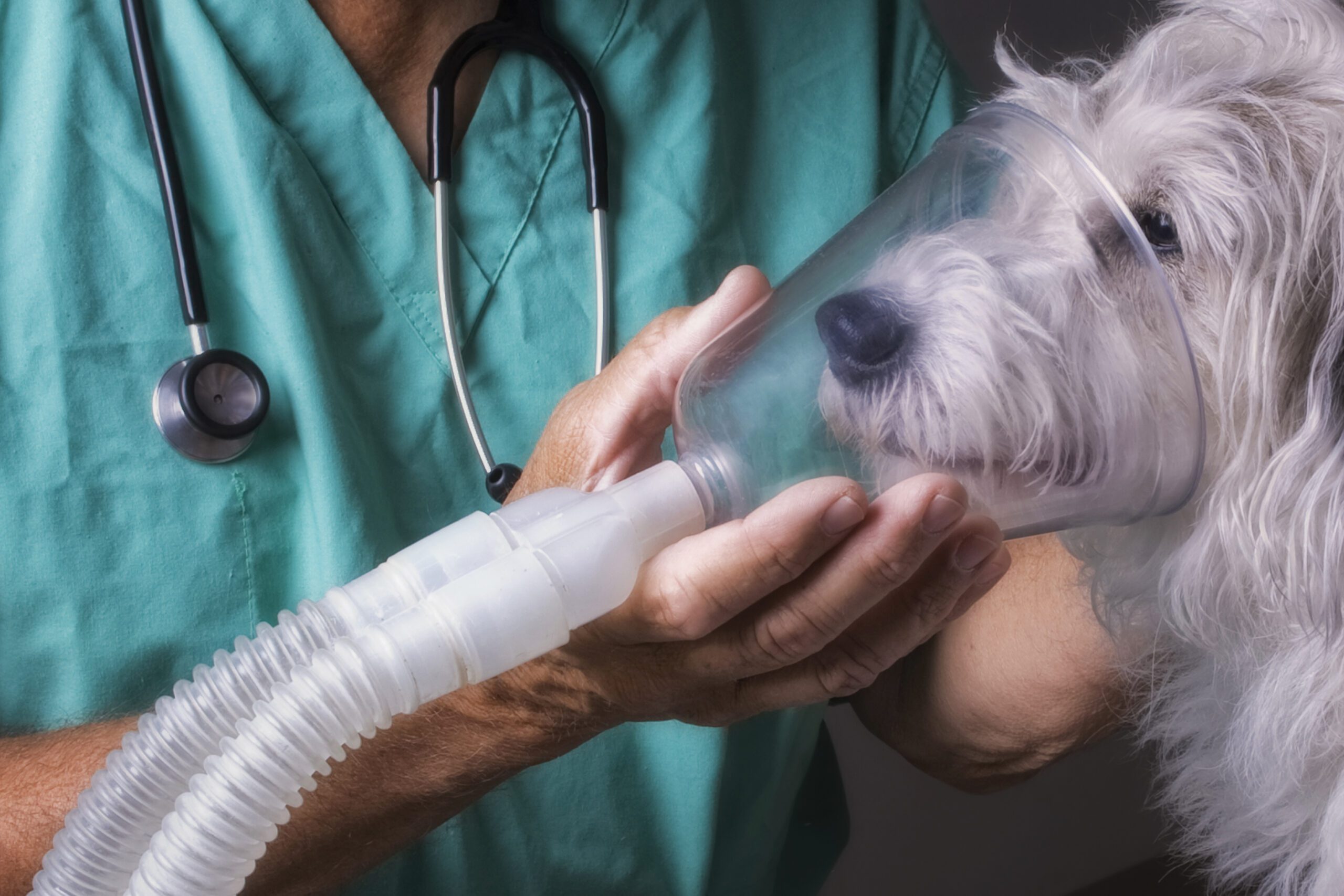Veterinary critical care is a specialized branch of veterinary medicine dedicated to the treatment and management of critically ill or injured animals, primarily focusing on cats and dogs. This crucial field of veterinary medicine combines advanced medical knowledge, cutting-edge technology, and compassionate care to provide life-saving interventions for pets in dire circumstances. We will dive into what veterinary critical care entails, why it is essential, and the role it plays in safeguarding the health and well-being of our beloved animal companions.
Understanding Veterinary Critical Care
Veterinary critical care is the specialized discipline that deals with the diagnosis, treatment, and continuous monitoring of animals facing life-threatening conditions or emergencies the require long term or specialized care. These conditions can range from severe trauma, poisoning, and acute organ failure to respiratory distress, cardiac emergencies, and post-surgical complications. The primary goal of veterinary critical care is to stabilize the patient, alleviate suffering, and promote recovery while providing the highest possible quality of life.
Key Components of Veterinary Critical Care
- Advanced Monitoring: One of the fundamental aspects of veterinary critical care is the continuous monitoring of vital signs, including heart rate, blood pressure, oxygen levels, and body temperature. These parameters provide crucial insights into the patient’s condition and help guide treatment decisions.
- Intensive Nursing Care: Critical care units are staffed with highly trained veterinary technicians who are skilled in providing around-the-clock care. They administer medications, monitor patients closely, and ensure their comfort and well-being.
- State-of-the-Art Technology: Advanced medical equipment, such as ventilators, infusion pumps, and diagnostic imaging tools, is a cornerstone of veterinary critical care. These technologies enable precise diagnosis and targeted treatments.
- Pain Management: Effective pain management is an integral part of critical care. Pets in critical condition may experience significant discomfort, and alleviating their suffering is a top priority.
- Individualized Treatment Plans: Each patient is unique, and their medical needs vary. Veterinary critical care professionals develop customized treatment plans tailored to the specific condition, age, and overall health of the animal.
The Importance of Veterinary Critical Care
- Timely Intervention: In emergencies, time is of the essence. Veterinary critical care units are designed to provide immediate, life-saving interventions. In fact, our triage process helps identify the most crucial cases and treat them first; giving them the best chance at recovery. Quick access to specialized care can be the difference between life and death for a critically ill or injured pet. Due to this process, patients who are less critical may experience longer wait times.
- Comprehensive Care: Veterinary critical care units offer comprehensive care, addressing not only the immediate life-threatening issues but also the underlying causes. This ensures a more holistic approach to treatment and a higher likelihood of a successful recovery.
- Support for Surgical Cases: In situations requiring surgical intervention, our critical care unit works side-by-side with our surgery department to offer post-operative care on cases that may experience complications or who may need a longer recovery time.
- Optimizing Recovery: Veterinary critical care aims to not only save lives but also improve the quality of life for the recovering pet. By managing pain and minimizing complications, our ccu helps pets regain their health and vitality.
Veterinary critical care is a specialized field of veterinary medicine dedicated to the diagnosis, treatment, and monitoring of critically ill or injured cats and dogs. It combines advanced medical technology, skilled professionals, and a compassionate approach to ensure the best possible outcome for these beloved companions. Veterinary critical care units play a vital role in saving lives and improving the quality of life for pets facing life-threatening conditions, making them an indispensable part of modern veterinary medicine.
Visit our Critical Care Unit page to learn more about the different cases that they manage!

